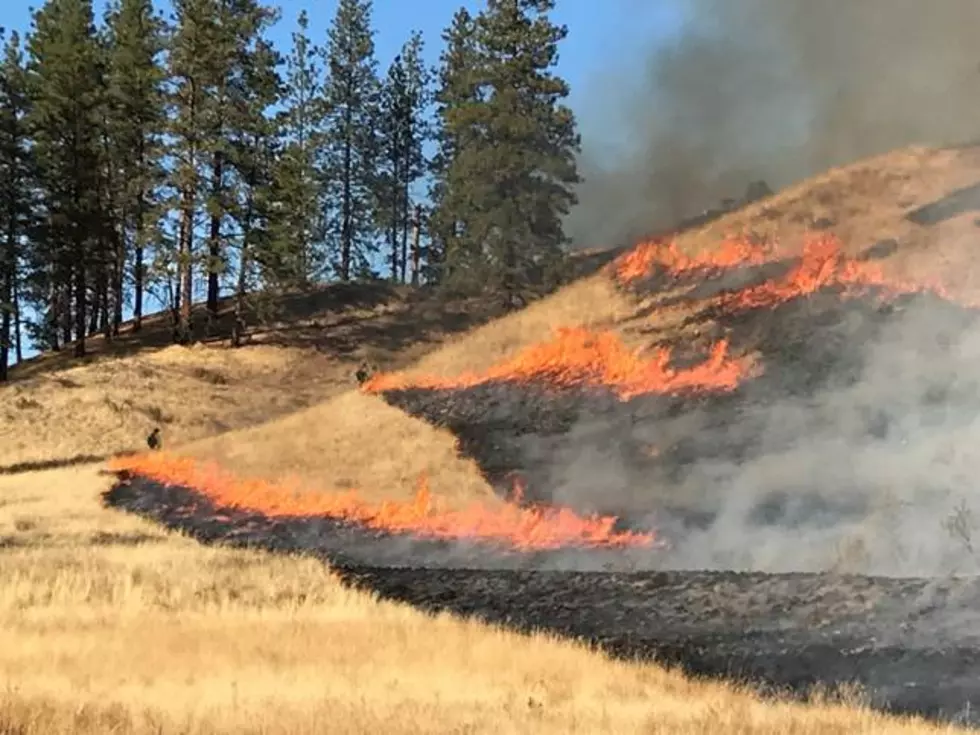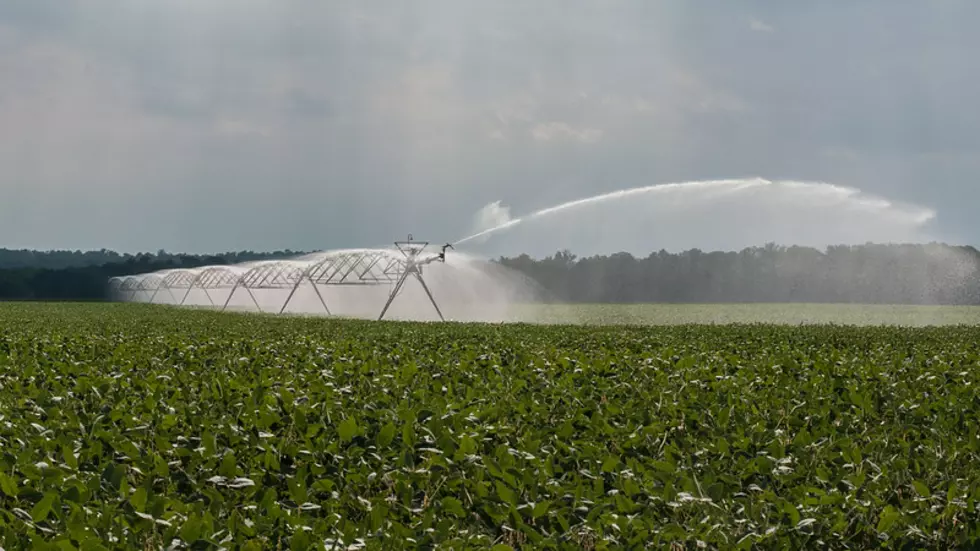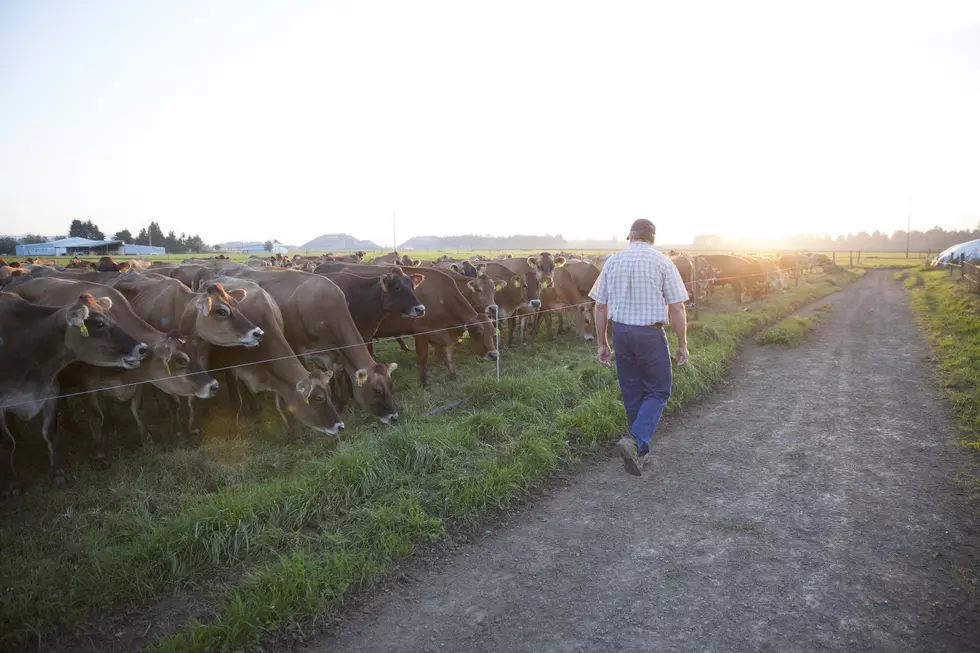
Corteva To Stop Producing Chlorpyrifos By Year’s End
Corteva announced Thursday it will stop producing chlorpyrifos by the end of the year. The Chicago-based company said declining sales of the pesticide drove its decision to end production, and continues to stress chlorpyrifos is safe.
The company’s move reflects a shift toward newer products in the $14.5 billion global agrichemicals industry amid increased regulatory restrictions on chlorpyrifos, which is applied to a variety of crops. Environmental groups have pushed regulators to ban uses of the 55-year-old pesticide over concerns it harms people and wildlife.
“We’ve made the difficult decision to stop our manufacturing of chlorpyrifos,” Susanne Wasson, president of Corteva’s crop protection business, told Reuters.
In the U.S., Corteva’s biggest market for chlorpyrifos, demand is less than 20% of what it was during its peak in the 1990s, the company said. Industry sales were $350 million in 2005, down 45% from 1990, according to Corteva. Corteva, which sells chlorpyrifos under the Lorsban brand, faces competition from generic versions. Farmers seeking to fight insects have also turned to other chemicals, genetically engineered crops and seeds coated with pesticides. Demand for chlorpyrifos is expected to drop further amid regulatory restrictions, including an EU decision to ban uses of the pesticide, Corteva said.
On Thursday, manufacturers must stop sales in California under an agreement with the state, which says chlorpyrifos is harmful. California farmers cannot possess or use chlorpyrifos products after December 31 st.
“Children and farm workers in California will no longer be exposed to this neurotoxic pesticide that can permanently impair the brain and nervous systems,” said Ken Cook, president of Environmental Working Group, an activist organization.
The EPA reversed a ban on chlorpyrifos use on farms under President Trump, saying there was not enough evidence to link it to children’s health problems. Corteva said it will continue to support chlorpyrifos in an EPA review.
“We believe in the product,” Wasson said.
If you have a story idea for the Washington Ag Network, call (509) 547-1618, or e-mail gvaagen@cherrycreekradio.com
More From PNW Ag Network









